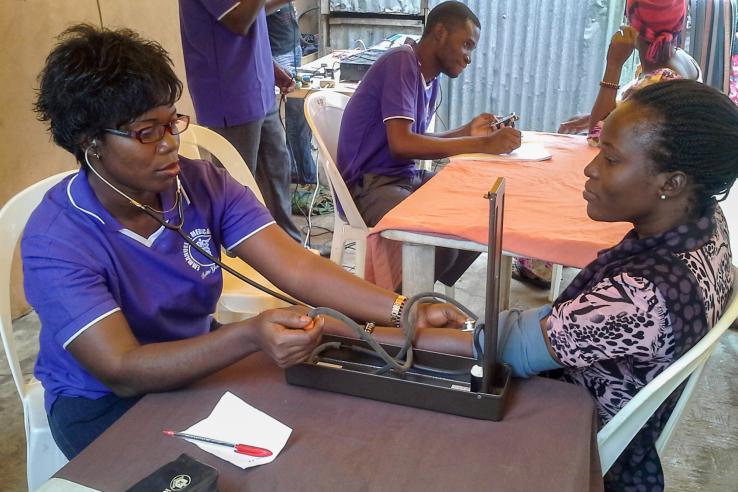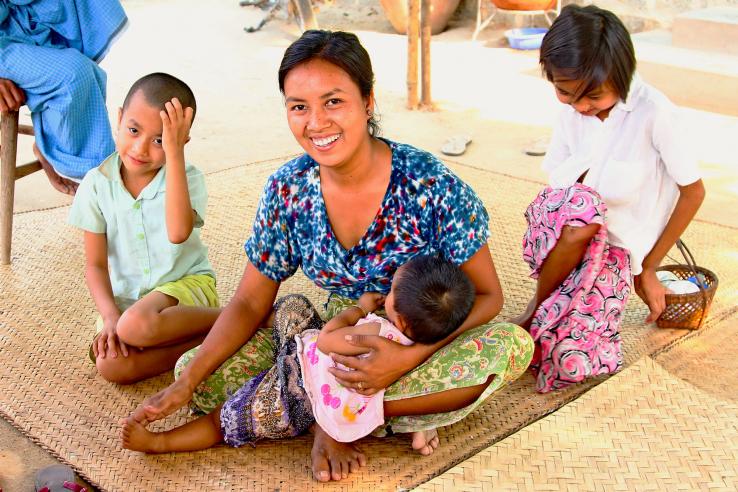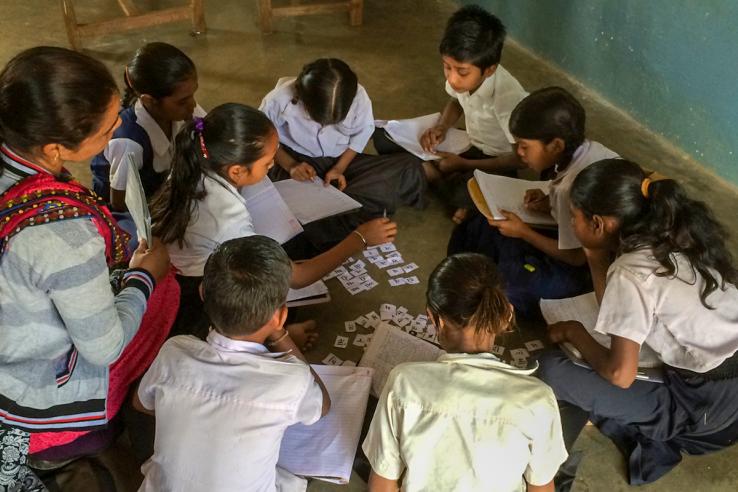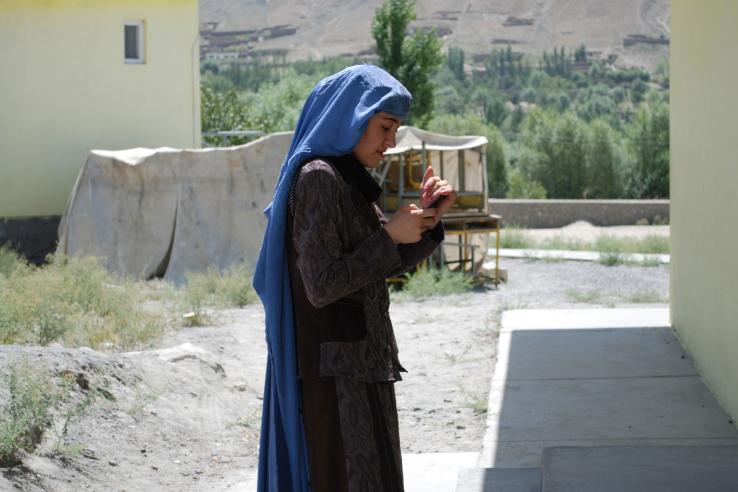Displaying 3361 - 3375 of 8335
Evaluation
Researchers are testing whether delivering cash through governmental institutions or through an existing MFI is more cost-effective and easier to scale-up.
Blog
Job and wage losses in the United States have disproportionately impacted low-income workers, workers of color, and women, setting the stage for pre-existing racial and gendered wealth and wage gaps to widen. The COVID-19 Recovery and Resilience Initiative aims to identify effective ways to support...
Evaluation
Researchers studied the impact of providing information about fuel costs on consumers’ car purchases. Providing information about fuel costs had no effect on the fuel efficiency of the vehicles consumers chose to buy.
Evaluation
Researchers conducted a randomized evaluation of Check & Connect (C&C), a school-based mentoring program, to evaluate its impact on school attendance and academic outcomes. For students who began the program in grades 5-7, the program decreased student absences and caused participating students to fail fewer courses.
Evaluation
Researchers shared information on students’ relative academic standing among university students in Spain to evaluate the impact of this information on student performance and satisfaction. Providing students with information on their relative standing led to a short-term decrease in academic performance and an increase in satisfaction.
Evaluation
If female managers are more likely to hire women, gender-balanced hiring committees may help promote parity in the long run. Using data from public examinations to enter the Spanish judiciary, researchers found that female candidates were less likely to succeed in the public examinations when evaluated by mixed-gender committees than by all-male ones, while male candidates fared better with mixed committees.
Event
J-PAL South Asia is excited to present COVIDialogues, a webinar series in which leading J-PAL-affiliated researchers respond with evidence to COVID-19’s most critical policy questions. The first COVIDialogue, which features Nobel Laureate Abhijit Banerjee (Massachusetts Institute of Technology, J...
Evaluation
In the United States, researchers evaluated the social welfare impacts of one very popular nudge to decrease energy consumption—Home Energy Reports (HERs). While they found that the HERs increased social welfare overall, these gains were far less than those reported by previous evaluations that did not account for many of the non-energy costs incurred by nudge recipients.
Evaluation
In partnership with a mobile network operator launching a new phone-based savings account, researchers evaluated the role of defaults and financial incentives on savings decisions. Two months after the launch of the phone-based savings account, the company’s employees randomly assigned a default contribution rate of 5 percent were 40 percentage points more likely to contribute to the account than employees assigned a default contribution rate of 0 percent.
Evaluation
Researchers partnered with a water company in Zambia to evaluate whether improved information and incentives can help households manage their water usage. They found that targeting incentives to higher household water consumers might be an effective way to reduce water consumption.










